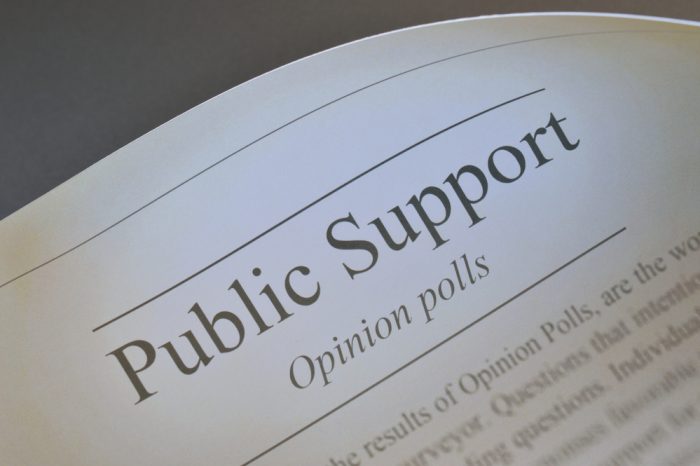On July 2, the U.S. Department of Labor (DOL) took an important step to restore fairness and flexibility in the home care industry by issuing a proposed rule that would rescind restrictive provisions introduced in 2013 under the Obama administration. Those earlier changes, fully enforced in 2015, significantly narrowed the “companionship services” exemption under the Fair Labor Standards Act (FLSA), adding complex and costly wage requirements for home care agencies and Medicaid-funded services.
The 2013 rule redefined key terms, eliminated the exemption for third-party employers, and imposed overtime obligations on agency-employed direct care workers — contributing to increased costs and administrative burdens. These unintended consequences have strained both providers and public programs, particularly in Medicaid-funded home and community-based services (HCBS).
Now, DOL is proposing to correct course. In its justification, the Department noted that the previous regulations “might not reflect the best interpretation of the FLSA and might discourage essential companionship services by making these services more expensive.”
Why This Matters
This proposed rule is a welcome change for providers, participants, and state Medicaid leaders alike. Overtime costs are a major driver of financial pressure in long-term services and supports. When direct care workers live in the same home as the individuals they serve, current law allows participant-directed employers to avoid overtime pay. However, because of the 2013 changes, agency-employed workers doing the exact same job do not receive the same treatment — creating an inequitable and unsustainable two-tiered system.
If finalized, the proposed rule would allow third-party agency employers to once again access the same companionship exemption. This would create consistency across employer types and make it easier to recruit and retain direct care staff — particularly in shared living or live-in arrangements that are vital to participant independence and stability.
Act Now: Submit a Letter of Support
The DOL is accepting public comments on this proposed rule, and it is crucial that the provider community raise its voice. RCPA encourages home care agencies, managed care partners, and Medicaid stakeholders to submit letters of support highlighting how this change will:
- Increase flexibility in service delivery;
- Align federal and state wage policy;
- Promote cost-effective care models;
- Support direct care worker retention; and
- Sustain vital programs that keep individuals in their homes.
Your voice matters. Together, we can ensure federal policy reflects the realities and needs of today’s home and community-based care system. View a sample letter for public comments here.
How to Submit Your Letter of Support
Visit the Regulations government website and search for the DOL proposed rule on companionship services. Comments must be submitted by July 31, 2025
If you have any questions, contact Fady Sahhar, RCPA PD&A Division Director.
















